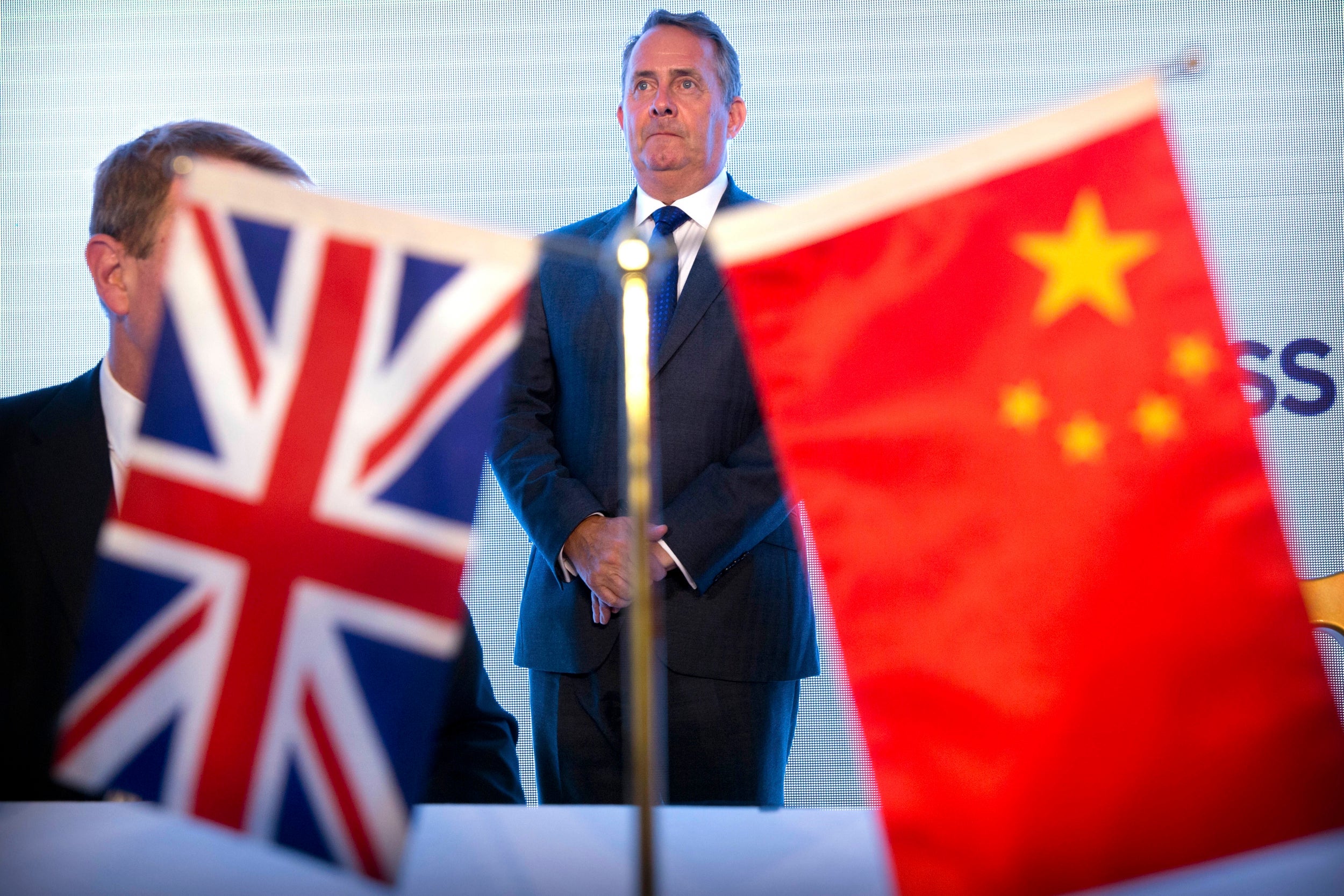How easy would it really be for the UK to do trade deals with emerging markets after Brexit?
Analysis: The prospects of striking agreements with nations such as Brazil, India and China are not as rosy as Brexiteers suggest, says economics editor Ben Chu


In 2017 Liam Fox famously claimed that concluding a trade deal with the European Union after Brexit would be the “easiest in human history” because we’d start from a position of already being fully aligned on tariffs and regulation.
Such bullishness is notable by its absence now.
Indeed, one of the reasons Brexiteers are so alarmed by the Irish “backstop” provision of the withdrawal agreement is that even they doubt that there will be a free trade agreement between the UK and the EU in place by January 2021 when the transition is supposed to end.
But what are the prospects for trade deals between the UK and the rest of the world after Brexit? What deals could we strike with the likes of China, India, Brazil and other emerging markets?
A glance at the international trade secretary’s Twitter feed shows he remains upbeat on such prospects. Is this warranted?
The answer is that it will depend to a significant extent on what sort of trade deal the UK can get with the EU.
Other countries are very likely to wait until they see how close we end up to the EU’s single market and the customs union before deciding, as that will impact the cost-benefit calculation of any bilateral UK trade deal for their firms and industries.
If we end up closely aligned on customs with the EU that might limit our government’s autonomy to even forge independent trade deals on goods with third countries since we could be imposing the EU’s common external tariff.
What about services? Well, presuming we’re out of the single market, that would give us more scope for services trade deals. And it’s true that services are a large and growing share of UK total exports.
Yet the problem here is that international trade deals in recent years have been essentially about goods, rather than services.
Another snag, at least from the perspective of sovereignty-obsessed Brexiteers, is that a service deal worth having would entail some degree of regulatory harmonisation, for instance recognising each others’ professional qualifications. Is that “taking back control”?
Associated to that question is immigration. “A big ask of emerging markets when it comes to trade deals is UK visas for their nationals,” says Sam Lowe of the Centre for European Reform.
That may not go down well with those Brexiteers who want less immigration from developing countries, not more.
Finally, there’s “gravity” to think about. It’s an empirical reality that countries tend to do more trade with big economies that are closer to them than those that are further away.
Even if we did successfully forge goods and services trade deals with lots of emerging market economies the results might well be disappointing to Brexiteers, like Fox, who have assumed big increases in trade flows.
It’s for this reason that almost all Brexit modelling exercises, including the government’s one, show only a modest gain to UK GDP in the long term from hypothetical post-Brexit trade deals with the rest of the world, with the damage far outweighed by the macroeconomic costs of introducing trade frictions between us and the EU.
Got an unanswered question about Brexit? Send it to editor@independent.co.uk and we’ll do our best to supply an answer in our Brexit Explained series
Join our commenting forum
Join thought-provoking conversations, follow other Independent readers and see their replies
Comments